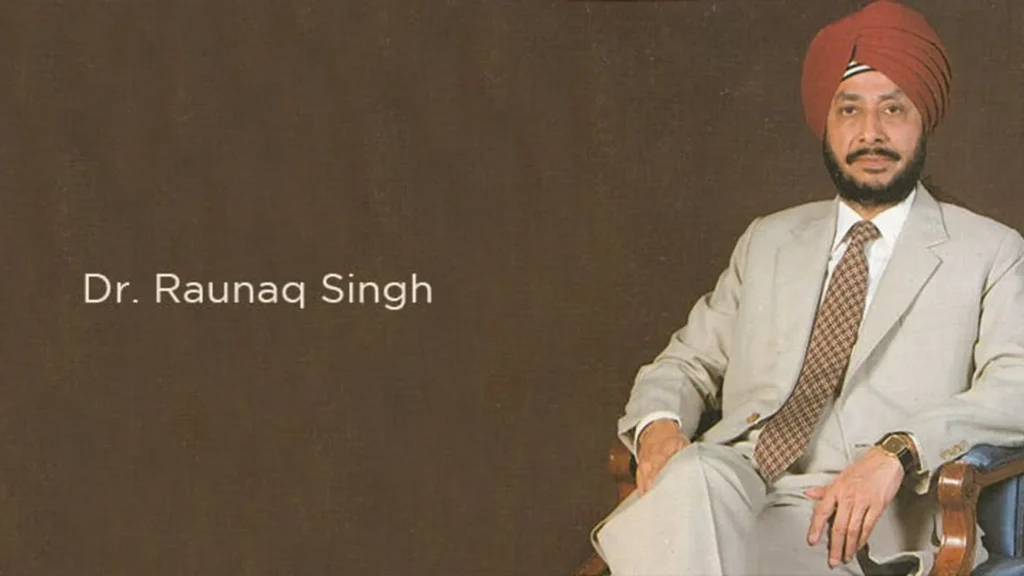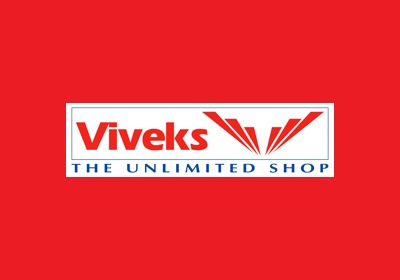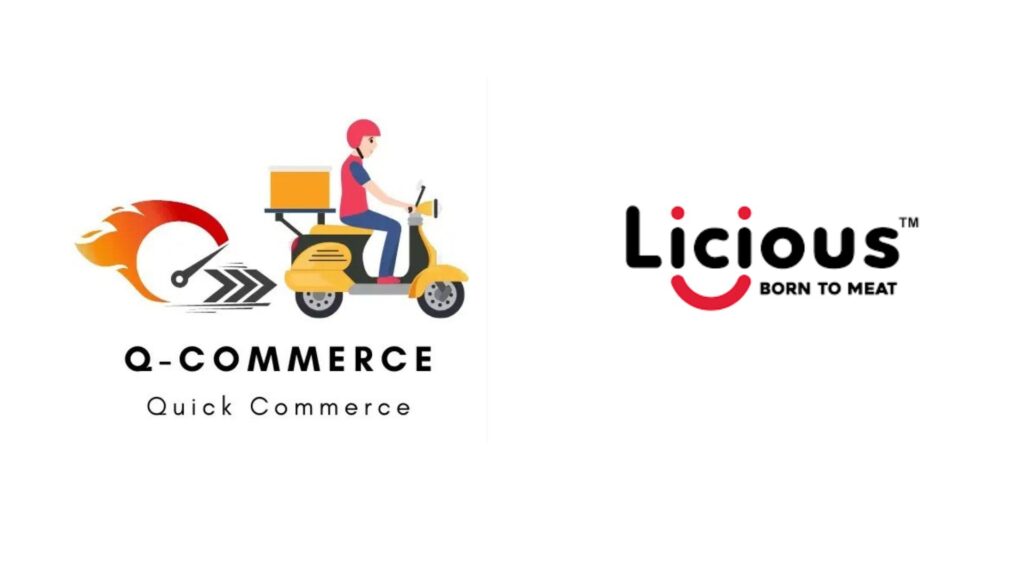Unforgotten Brands: Apollo Tyres

When India gained her freedom, a traditional spirit of enterprise swept the country, and Raunaq Singh personified it.
Raunaq Singh was from a middle-class family in the Pakistani province of Daska. When Raunaq and his friends were young, they went about Lahore selling used steel pipes at the same price as new ones and even taking money in advance. Afterwards, he took a job as a salesperson for a Lahore-based steel pipe trader, where he earned Rs. 8 monthly. He learned the ropes of business and sharpened his entrepreneurial spirit while working here.
Raunaq Singh, like many other non-Muslims, sought sanctuary in India after its independence in 1947. At first, he and thirteen other people shared a small flat in Delhi’s Gole Market. To get by, he took a job at Munilal Bajaj & Co., an obscure spice business, where he made a pitiful one paisa a day. He worked any job he could find to pay the bills, even though it was far lower than his previous earnings.
Raunaq Singh was determined to strike out on his own, but he was short on capital. To fund his trip to Kolkata and follow his business dreams, he sold his wife’s jewellery in November 1947 for about Rs. 8,000. He had great success with the spice business that he had started.

A trip from Delhi to Kolkata was necessary for Raunaq to finalise a significant spice deal. He had to buy an executive ticket as he was unable to get an economy-class one. Forever, this little incident would alter the course of his life. Raunaq happened to sit next to the CEO of a prominent German steel tube manufacturing company. While they were talking, the German executive proposed that Raunaq establish a steel tube manufacturing facility in Kolkata. Given Raunaq’s lack of investment capital, the German generously volunteered to finance the setup, with the stipulation that Raunaq might repay the amount once the firm began to generate profits. Such an attractive offer was too good for Raunaq to turn down.
A short time after Bharat Steel Pipe’s first plant was set up in Kolkata, they struck gold with a transaction for INR 1000. The swift expansion was fueled by the company’s stellar reputation for excellent products. After initially just exporting to customers in India, Bharat Steel Pipe soon began shipping pipes all over the world.
The entrepreneurial path that Raunaq Singh had embarked upon continued to thrive. Sanjay Gandhi, the younger son of Indira Gandhi, aspired to construct “a people’s car” to challenge the Birla monopoly controlled by the Ambassador. Raunaq was named the company’s first chairman after he became an outspoken advocate for Sanjay’s automotive venture, Maruti.
The development-minded Chief Minister of Kerala, Achutha Menon, approached Raunaq one evening at a cocktail reception and dinner at Kerala House on Jantar Mantar Road in New Delhi. Inquiring about Raunaq’s potential interest in investing in Kerala, Menon approached him. Raunaq was at first apprehensive because of the state’s remoteness, but he changed his mind after hearing about Ruby Rubber, a business that had a 400,000 tyre/tube licence since 1972 but hadn’t used it. Raunaq was offered the licence by Menon, who was keen on industrial growth in Kerala.
Up until that point, Goodyear, Firestone, Ceat, and Dunlop formed an oligopoly that controlled the Indian tyre market. As a result of the sellers’ market and lack of competition, these firms’ efforts to improve product quality and introduce new technologies stalled. Indian conglomerates JK Tyre and Modi Tyre Company entered the market after the government decided to remove pricing controls and promote competition.
The prospect of success prompted Raunaq Singh to accept the Kerala licence. Apollo Tyres, which he founded with the help of the licence, rose to prominence in India’s tyre market after the Foreign Exchange Regulation Act (FERA) of 1973 cut foreign ownership in the Indian operations of major corporations like Goodyear, Dunlop and Ceat.
Worker discontent and strikes, which are prevalent in Kerala, were among the many obstacles that the Apollo Tyres facility had to overcome throughout its development. ‘No Work, No Pay’ was Menon’s policy response to these problems. The facility was built in a record thirteen months because of Prime Minister Indira Gandhi’s 1975 Declaration of Emergency, which forbade strikes.
After commissioning its first production plant in Perambra, Thrissur, Kerala, in 1975, Apollo Tyres went public with its equity shares. As it expanded, the business bought up Vredestein Banden B.V., a tyre manufacturer in the Netherlands, which it rebranded as Apollo Vredestein B.V. in 2009. With five locations in India one in the Netherlands and one in Hungary, Apollo Tyres is now a global powerhouse. It has a revenue of around Rs 25000 crores
Before his passing, Raunaq Singh had mentioned that he wanted to have his memoirs published. His dream went unmet when he passed suddenly at the age of 78, despite being on the shortlist with notable writers like Pritish Nandy and Khushwant Singh. But the businesses he founded and the mark he left on India’s business landscape ensure that his name will endure.




1 Comment